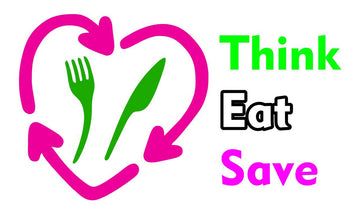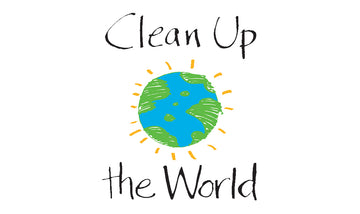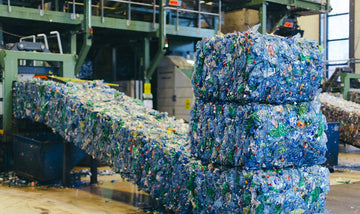Ever tossed a bunch of oranges because they ripened too fast, or dumped a package of expired chicken in the trash? Think.Eat.Save is on a mission to help people become more aware of food waste.
Are bananas going brown before you even have time to eat them? Are you throwing out uneaten leftovers at the end of the week? Do you accidentally cook three times the amount of rice or pasta that you actually need? When our behaviour leads to food waste, we are also wasting our money and the planet’s resources.
To reduce our ‘foodprint’, we all need to take action in our homes, supermarkets, and communities. When we think about how we buy, prepare, and dispose of food, we can identify ways to reduce the food we send to waste.

Eating ugly fruits and veggies or getting creative with recipes can ensure no food is wasted. We can save food by eating our leftovers every week and storing food properly. It’s time to think, eat, save, take action and NotWaste!
A few small changes can add up in a big way to reduce food waste. Saving food is good for your wallet and good for our planet. From the shopping cart to the freezer to the trash bin, everyone can take action today to reduce their ‘foodprint’!
Using initiatives already in place, including the Save Food initiative and Feeding the 5000, plus tons of tips to cut down on food waste, this campaign is about changing people’s habits to spark lifelong change.
Wasted food means wasted water, energy, and land used to produce that food. Plus, there’s increased greenhouse gas emissions from both the production and disposal of that food.
According to Move for Hunger, throwing out one kilogram (2.2 pounds) of beef means also wasting about 50,000 liters (13,200 gallons) of water used to produce that meat.
According to the Food and Agriculture Organization of the United Nations, every year one-third of the food produced for human consumption in the world — about 1.3 billion tons — gets lost or wasted.
For more information please visit: https://www.unep.org/thinkeatsave/




